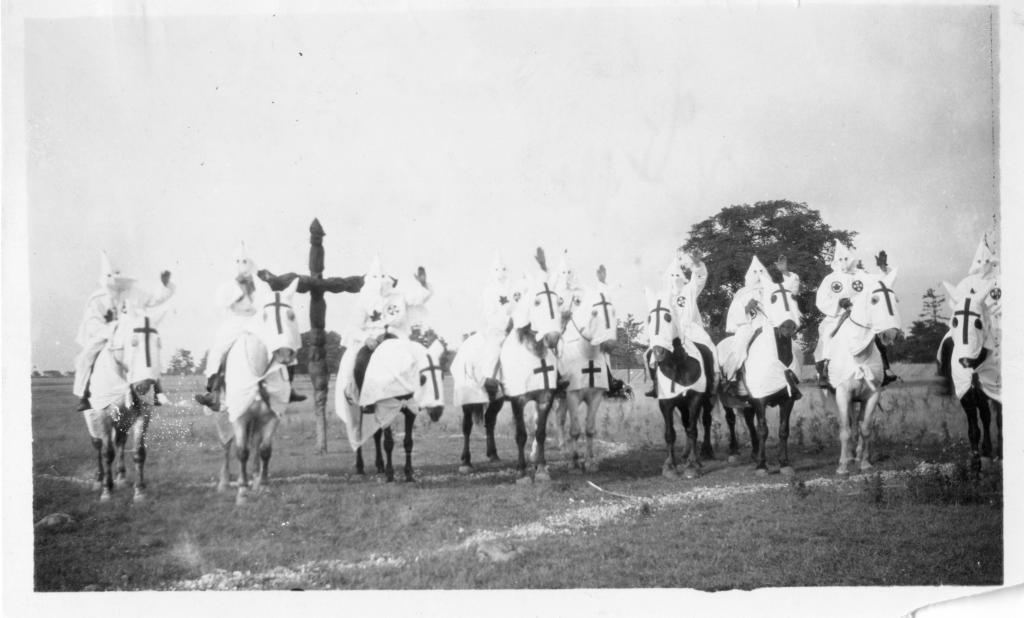“I thought I’d live a louder life…
But silence called me deeper still
Like nothing else I know ever will”
—Carrie Newcomer, Quaker singer-songwriter
I didn’t expect to experience this lesson so clearly the first time I visited a Quaker meeting. About 30 minutes into the shared silence – the community gathered in a circle, each person listening expectantly in their own way for the Spirit to move – someone stood, picked up a guitar, and began singing “This Little Light of Mine.” Moments later, another rose and spoke:
“Before we were born, there was great silence, and after we die, we will return to great silence. So, it is good to spend time in silence together today in between.”
Ten years later, I still remember my astonishment at what arose out of that silence. I still remember the goosebumps.
For Quakers – members of the Religious Society of Friends – silence isn’t empty; it’s a place to connect with the Divine.

One of my early Quaker Friends, Jim, also left a lasting impression. When I invited him to share his personal story with my Psychology of Religion and Spirituality class, Jim said he’d be happy to do so – provided someone give him a ride because he didn’t own a car. As I pulled up to his house, I noticed his yard consisted entirely of vegetables and native plants. As thanks for the ride, when Jim entered my car, he offered me a big bag of freshly picked kale from his front yard, something he said he regularly did for friends and neighbors. In his quiet way, Jim also demonstrated a powerful expression of Quaker spirituality.
As a psychologist of religion and spirituality, I’ve long been drawn to learning from spiritual traditions that approach life in unique ways. Quaker spirituality, in particular, has offered me profound lessons into living a good life – insights that beautifully align with the emerging psychological science of well-being.
Here are four lessons that stand out:
1. Cultivate contemplative stillness.
“Seek to know an inward stillness, even amid the activities of daily life.”
—British Quaker Faith & Practice, Advices and Queries #3
Prayerful silence lies at the heart of Quaker spirituality. Quakers often seek to quiet themselves – alone, together, in nature – to be more anchored and present in daily life.
Psychological research on contemplative practice reflects the wisdom of this, revealing benefits like reduced stress, deep rest, and improved health and well-being. Even a few minutes of stillness each day can make a significant difference.
Continue reading



